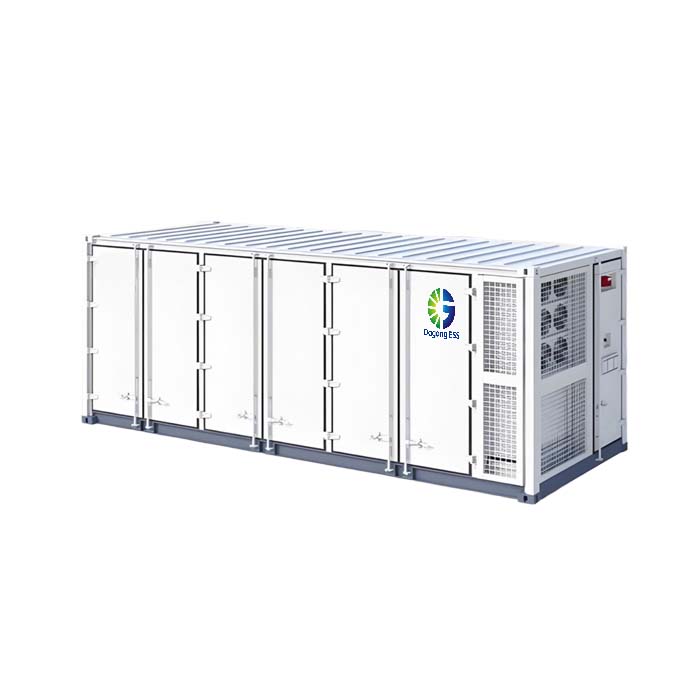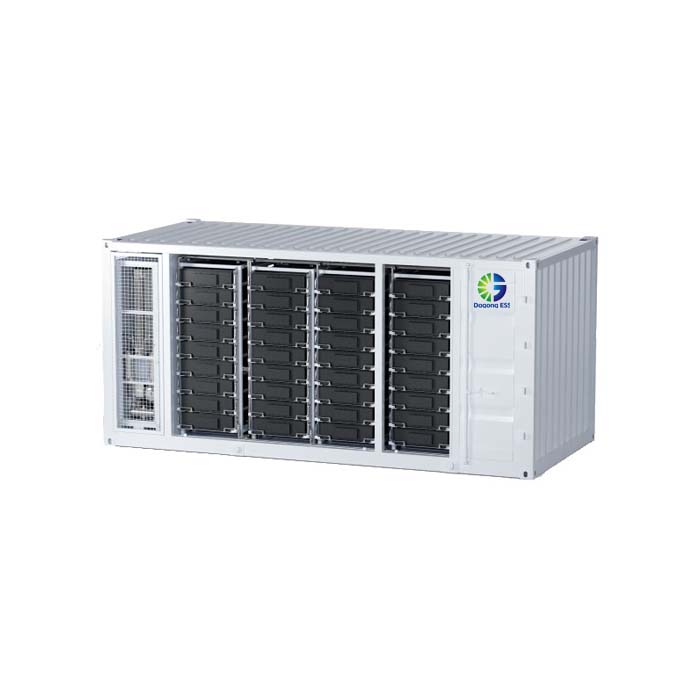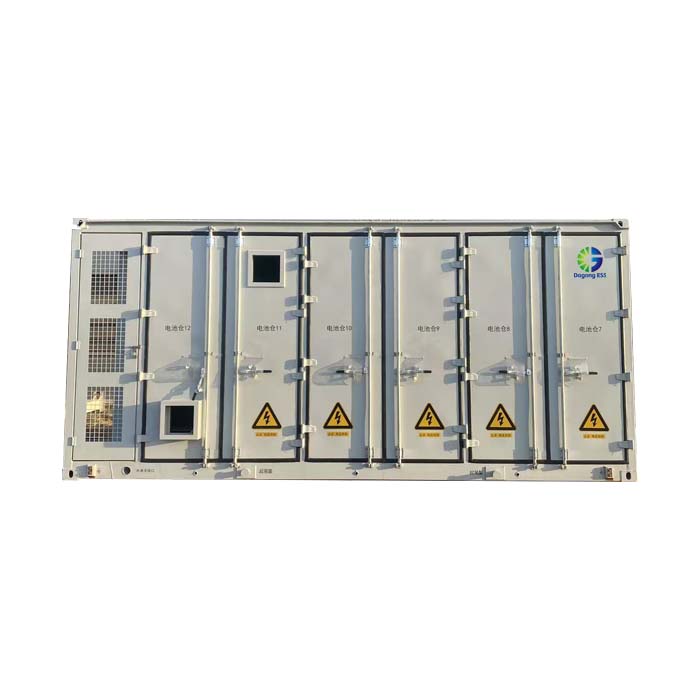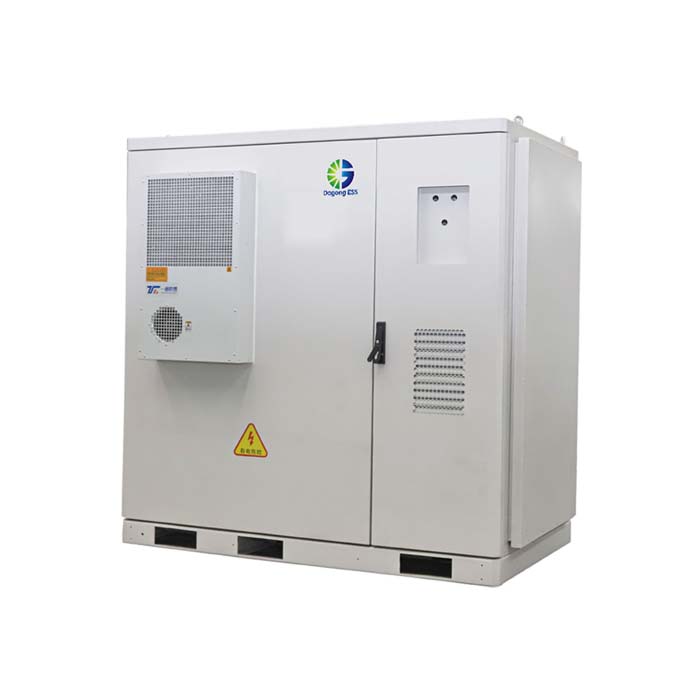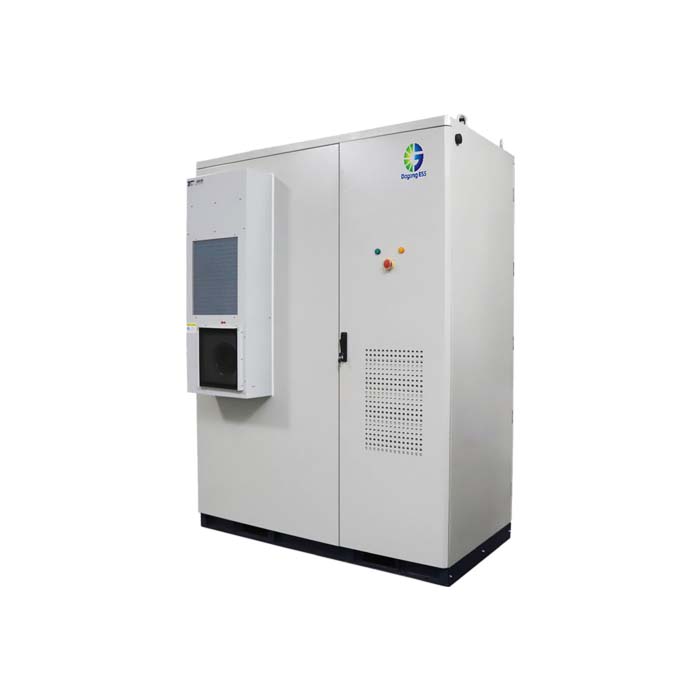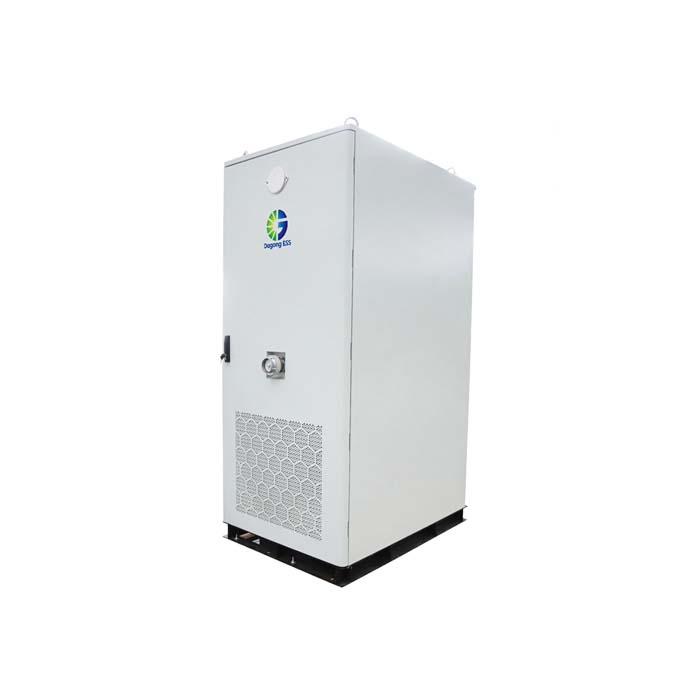What is the Difference Between Battery and BESS?
What is Battery and BESS?
A battery is an electrochemical device that stores energy and releases it as electricity. It is typically composed of one or more electrochemical cells that convert chemical energy into electrical energy. Batteries are widely used in small devices like smartphones, laptops, power tools, and electric vehicles.
A Battery Energy Storage System (BESS) is a more complex and integrated solution that includes not just the battery itself, but also systems that control, monitor, convert, and protect the stored energy. A BESS is designed to store large amounts of energy and deliver it reliably and efficiently at a system or grid level. It plays a key role in modern energy infrastructures, especially for renewable energy integration, peak shaving, frequency regulation, and emergency backup.
In simple terms:A battery is a component, while a BESS is a complete system.
Types of Battery and BESS
Types of Batteries:
Lithium Iron Phosphate (LFP)
High safety, long cycle life, excellent thermal stability.
Most popular choice for stationary energy storage (residential, C&I, utility).
Nickel Manganese Cobalt (NMC)
Higher energy density, lighter weight.
Widely used in electric vehicles and portable devices.
Lead-Acid
Inexpensive, mature technology.
Shorter lifespan and lower efficiency; used for backup in limited cases.
Sodium-Ion, Zinc-Ion, Flow Batteries (Emerging Technologies)
Potential for safer and cheaper alternatives in specific applications.
Still in pilot or early-stage commercialization.
Types of BESS:
Residential BESS
5–30kWh systems for homes, often paired with solar PV.
Helps homeowners use solar energy at night or during grid outages.
50kWh–2MWh systems for factories, commercial buildings, EV charging stations.
Used for demand charge management, power backup, and self-consumption optimization.
Utility-Scale BESS
1MWh and above, often built in 20-ft or 40-ft containers.
Supports grid stability, frequency response, and renewable energy smoothing.
Air-Cooled vs. Liquid-Cooled BESS
Air-cooled systems are simpler and suitable for moderate climates.
Liquid-cooled systems offer superior temperature control, higher energy density, and are ideal for harsh environments or intensive cycling.
Features of Battery vs. BESS
| Feature | Battery | BESS |
|---|---|---|
| Core Function | Stores energy | Stores, controls, dispatches, and protects energy |
| Components | Electrochemical cell/module | Battery + BMS + EMS + PCS + Cooling + Cabinet/Container |
| Monitoring | Basic or none | Real-time remote monitoring, diagnostics, and data analytics |
| Safety | Chemistry-dependent | Fire suppression, isolation switches, thermal sensors |
| Integration | Not integrated | Grid-connected, solar hybrid, or off-grid capable |
| Scalability | Limited | Easily scalable (from kWh to multi-MWh or more) |
| Deployment | DIY or appliance-level | Engineered, site-installed turnkey solution |
| Maintenance | Minimal | Scheduled checks, firmware upgrades, system health reports |
Applications of Battery vs. BESS
Battery Applications:
Mobile phones, laptops, tablets
Electric scooters, e-bikes
Uninterruptible Power Supplies (UPS)
Power banks and small tools
BESS Applications:
Home Energy Storage: Maximize solar energy usage, provide backup.
Factory Load Management: Reduce electricity bills by peak shaving and valley filling.
EV Charging Stations: Buffer grid demand during fast charging.
Grid Services: Frequency regulation, spinning reserve, black start.
Microgrids: Power supply in remote areas or islands.
Price of Battery and BESS
The price of the Battery and BESS is based on EXW (Ex Works) terms and may vary depending on the supplier, quantity, and market conditions.You may need to request a quote from a reputable energy storage system supplier to get the most accurate pricing. Please note that the final costs may vary based on fluctuations in raw material prices and exchange rates.
How to Select BESS for Your Project?
To choose the right BESS, you need to evaluate the following:
Purpose of the System
Backup power, peak shaving, time-of-use shifting, solar storage, or grid service?
Required Power (kW) and Energy Capacity (kWh)
Depends on the load profile, duration of backup, and use scenario.
Battery Chemistry
LFP for safety and longevity; NMC for compactness and weight-sensitive projects.
Cooling Type
Liquid cooling for high ambient temperatures and large-scale projects.
System Configuration
Indoor or outdoor? Rack or containerized? Single-phase or three-phase?
Compliance & Standards
Look for certifications such as UL9540, IEC62619, CE, UN38.3, etc.
Supplier Reliability
Choose experienced manufacturers with technical support, warranty service, and a proven track record.
How Long Does Battery and BESS Last?
Battery Lifespan:
LFP: ~6,000 cycles @ 80% depth of discharge (DoD)
NMC: ~3,000–4,000 cycles
BESS System Life:
Operating temperature
Charging/discharging frequency
Maintenance quality
Typically 10–15 years depending on:
Many BESS suppliers offer 10-year warranties, with performance guarantees based on energy throughput or cycle count.
The Supplier of BESS
Dagong ESS is a professional energy storage solution provider based in China, specializing in both air-cooled and liquid-cooled Battery Energy Storage Systems for residential, commercial, and utility-scale applications.
Dagong ESS offers customized solutions tailored to meet the electrical standards of different countries and industry-specific projects. Our product range includes:
5–80kWh residential energy storage systems
100–215kWh commercial and industrial energy storage cabinets
Support for grid-tied/off-grid applications, solar + storage + EV charging integration, and remote EMS control
With extensive export experience, Dagong ESS products are certified to multiple international standards. We also provide OEM/ODM services to help global partners expand their energy storage business with reliable and adaptable solutions.
If you are looking for Battery and BESS or want to know more about the technical information, Feel free to reach out to us by sending an inquiry to our corporate email at sales@dagongess.com, or simply visit the "Contact Us" page on our website to leave your message. We will respond to you promptly.


